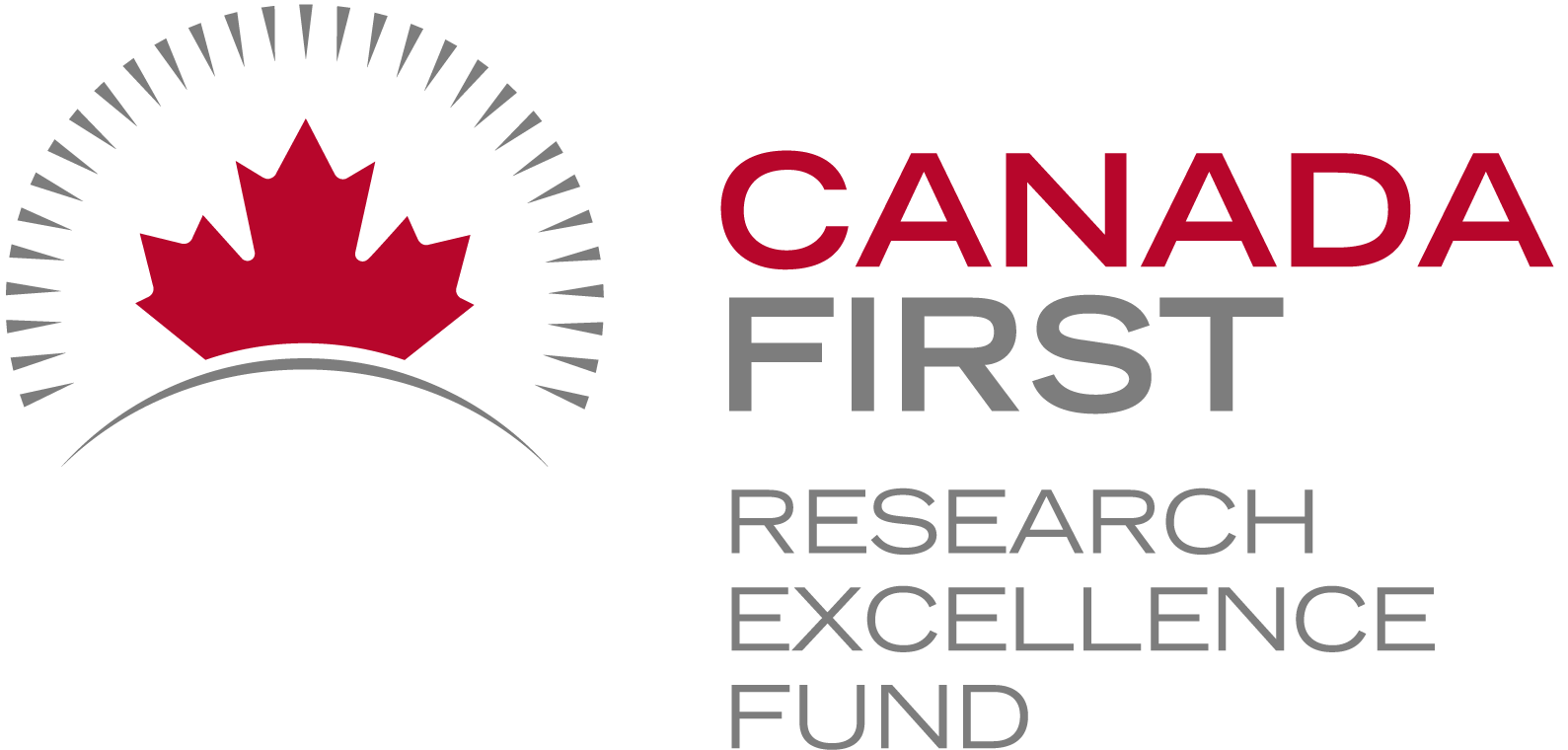A Peek Inside the Ontario Dairy Research Centre – Part 3
On our last blog post, we talked about events and feed data collected routinely at the Ontario Dairy Research Centre (ODRC). Today we’ll talk about milk and milk analysis data. If you missed the other parts of this series, check the links at the end of this post to learn more about other types of data collected daily at ODRC.
Milk Analysis
In Canada and around the world, there is a standardized method of collecting milk samples and associated data from dairy cows during their lactation period, known as Test-day records. This process is part of the Dairy Herd Improvement (DHI) program, a comprehensive system that aims to monitor and enhance the productivity, health, and genetic traits of dairy herds.
During Test-day, individual cows are sampled to collect data on various milk production and quality parameters. For Holsteins, the predominant dairy breed in Canada, which are known for their high milk production, this process is particularly crucial. The data collected on Test-day includes milk yield, milk composition (milk fat and protein, and somatic cell count), energy-corrected milk, lactation number, and days in milk.
The data collected during Test-day is not only used for individual cow management but also for broader herd analysis and genetic improvement programs. It helps dairy farmers make informed decisions about feeding, breeding, and overall herd health. Furthermore, by monitoring and analyzing the performance of Holstein cows on Test-day, farmers can make genetic selections that contribute to the development of a more productive and resilient dairy herd over time.
At ODRC, its database has stored all Test-day/DHI results since January 11, 2006, with over 600 tests, comprising around 78,000 records from just over 1,600 cows milked on all milking systems. This dataset includes regular monthly tests and additional tests requested by researchers.
Milking Systems
Rotary Parlour
Operating since June 2016 the Rotary Parlour has produced almost 1M records from almost 1,000 cows. This information includes milking start and end times, duration, total and expected yield, and other relevant parameters, offering a comprehensive view per milking sessions within this system.
Tie Stalls & Maternity
Starting in late 2015, milking data from cows housed in the Tie Stalls and Maternity area consists of almost 65,000 records from over 1,000 cows. It provides milking durations, total yield, average milk and peak flow, and days in milk per session.
Voluntary Milking System (VMS)
The VMS data started to be recorded in December 2016 and it encompasses just over 170,000 records. It includes milking start and end times, session duration, total yield, expected total yield, number of kick-offs, cell counts, and various parameters for each teat, such as yield, expected yield, conductivity, mean and peak flow. Additionally, there are over 300,00 records that document actions taken by the VMS, such as acceptance to milk, rejections, or released un-milked scenarios, which helps in understanding the behavior of cows interacting with the VMS.
Aggregated Milk Data
Given the research nature of ODRC’s herd, a cow can be milked on multiple milking system in a short period of days depending on the research trial she is enrolled in. To help researchers to easily download the data respective to the cows on their research trial, aggregated milk data was created by leveraging the power of ODRC’s relational database. A single table with around 1.2M records contains all relevant milking information from all milking sources, including animal ID, milking start and end date, milking start and end time, milking duration, session number, lactation number, total yield, days in milk, and milking location.
Previous posts
A Peek Inside the Ontario Dairy Research Centre – Part 1
A Peek Inside the Ontario Dairy Research Centre – Part 2
Lucas Alcantara
The Ontario Dairy Research Centre is owned by the Agricultural Research Institute of Ontario and managed by the University of Guelph through the Ontario Agri-Food Innovation Alliance, a collaboration between the Government of Ontario and the University of Guelph.



